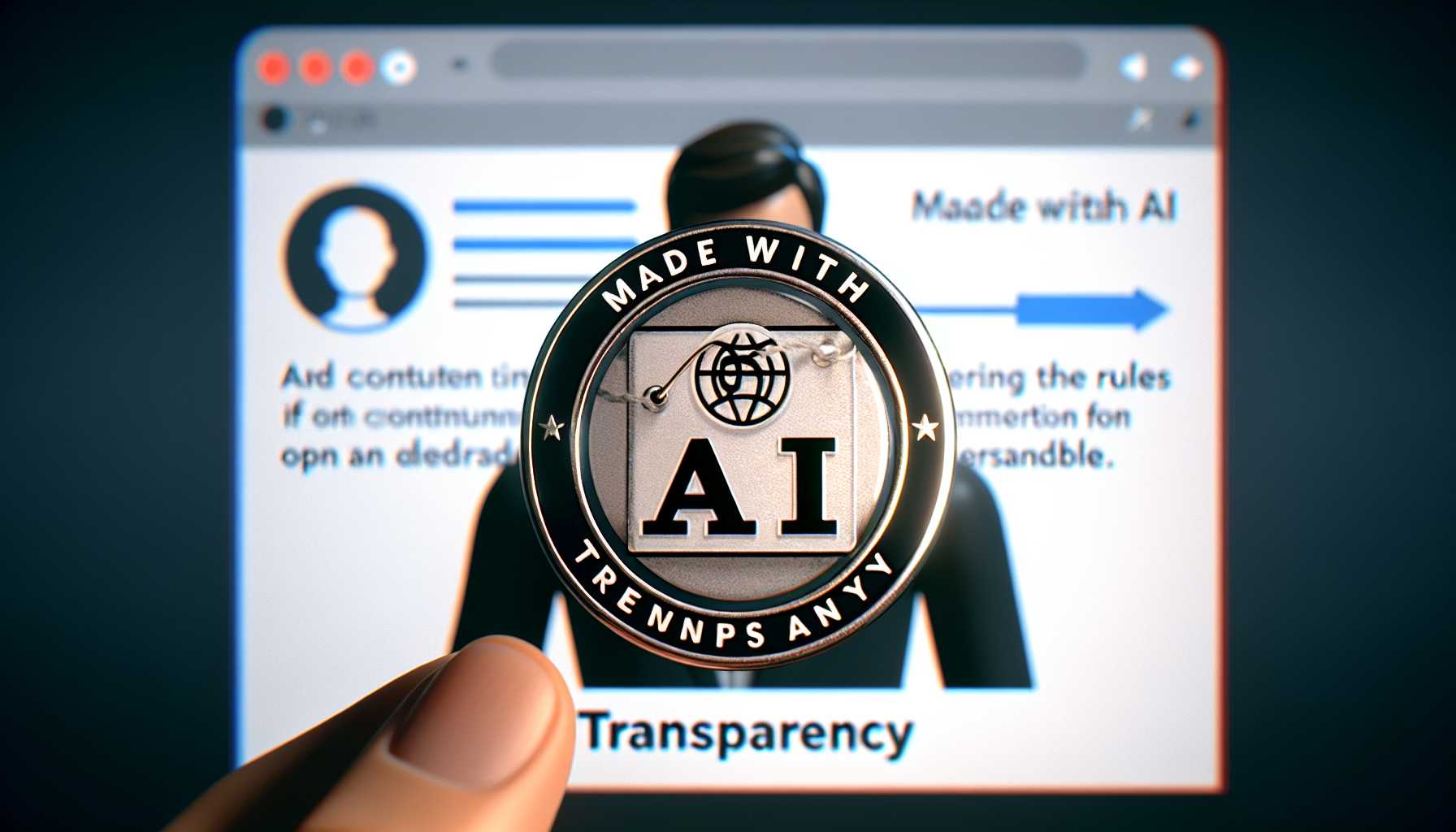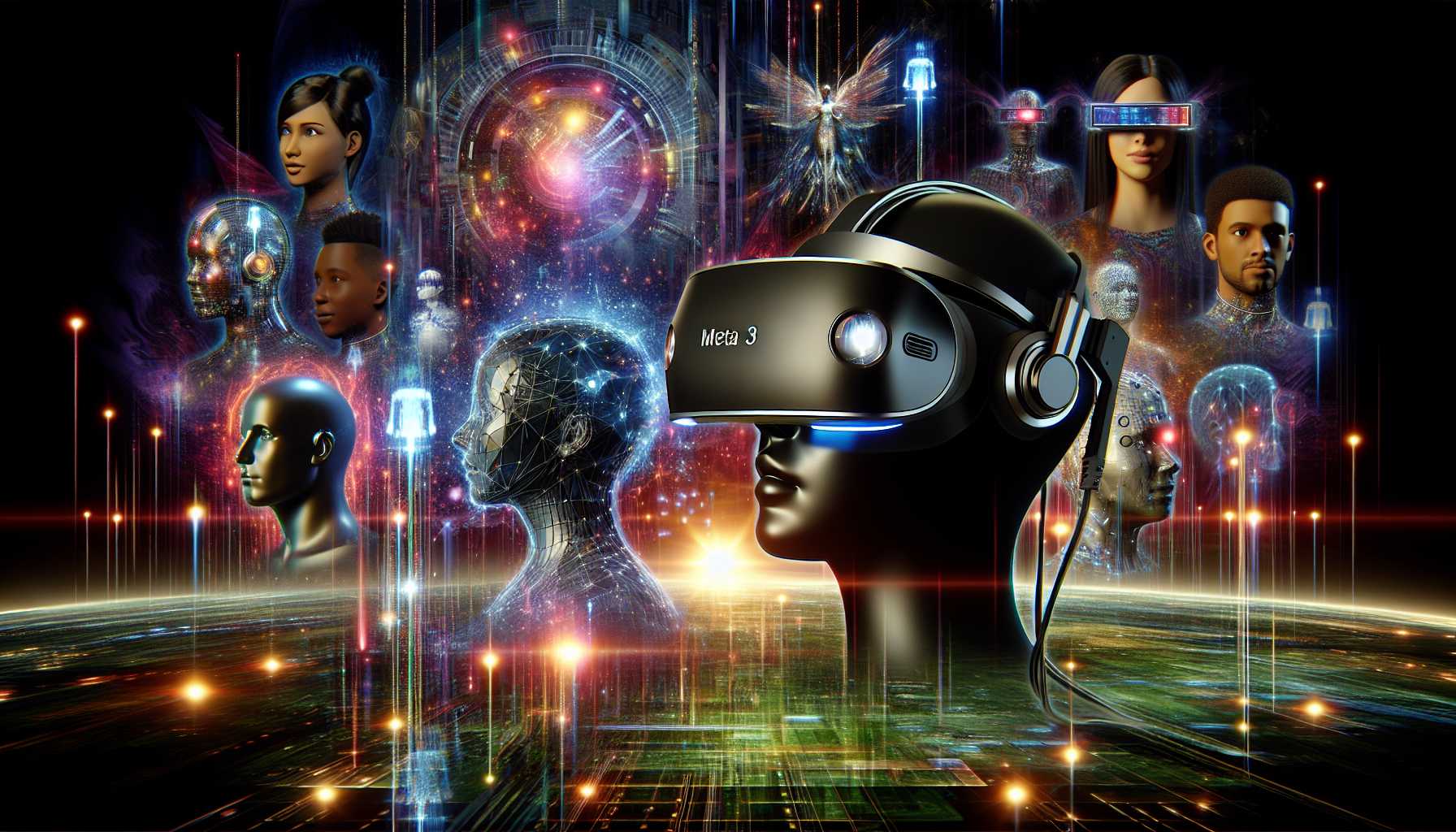The Renaissance of Retro Gaming on iOS
Welcome to the digital playground where nostalgia meets modernity! Apple’s recent announcement giving the green light to retro game emulators on the App Store is a total game-changer—pun intended! The tech giant is breaking free from the shackles of its traditionally stringent App Store policies, making retro gaming aficionados jump for joy. Imagine the classic titles from the glory days of gaming, now playable on the slick screen of your iPhone.
But let’s address the elephant in the room: piracy. Apple’s stern warning against apps offering pirated titles is like a chaperone at a high school dance—seemingly restrictive, yet necessary to keep things legal. This move is also a strategic chess play against the emerging trend of third-party app stores, especially in the EU where they’re now allowed. It’s almost like watching Apple throwing a protective arm around its App Store, saying, “I got you, fam.” Despite this, how these newly embraced emulators will sway the loyalty of iOS users in the EU will be an intriguing watch. Personally, I believe it will depend on the blend of available titles and the nostalgic allure they hold.
Google’s AI Ambitions: A Mixture of Innovation and Snags
Switching gears to another tech behemoth, Google, under Sundar Pichai’s helm, remains a fascinating narrative. The AI arena is no child’s play, and Pichai’s honest talk at Stanford echoed the complexities of fostering innovation amidst well-entrenched success. Google’s recent hiccup with its Gemini LLM, which proved more creative with history than perhaps intended, demonstrates the constant tightrope walk in the AI development sphere.
Yet, Pichai’s enthusiasm for the ‘multimodality’ of Google’s latest AI models is infectious. It’s that very belief in the tech that’ll push the boundaries of what we deem possible. While Google keeps its R&D wheels turning, I’m left pondering the potential of these AI advancements, and surely, Google’s robust ecosystem will find creative ways to leverage these innovations.
Manipulated Media: Meta’s Transparency Pivot
Meta’s decision to label AI-generated and manipulated media, instead of sweeping them under the content rug, is a nuanced approach to a complex issue. In the current climate of misinformation warfare, their choice to use warnings over wholesale deletions unveils an intricate dance of content moderation. The “Made with AI” badge has a certain “handle with care” vibe. It acknowledges the elephant in the room—that AI content creation can be a Pandora’s Box—but at least now we’re given a heads-up before opening it.
Meta’s narrative seems to hint at the dual nature of AI: a powerful tool that needs to be harnessed with responsibility and clarity. As we brace ourselves for a flurry of elections worldwide, Meta’s policy will be put to the test. Will it stem the tide of disinformation or simply slap warning labels on an unstoppable wave?
Digitally Enhanced Reality: The Quest for Connection
In the realm of virtual reality, Meta’s Quest 3 stands as a testament to the evolution of tech that blurs the line between reality and digital fantasy. With Meta’s commitment to enhancing the platform with updates like Spatial video support, Quest 3 morphs beyond a mere entertainment device into a canvas for preserving memories. Sure, the headset’s out-of-the-box experience might feel like a carrot dangled with strings attached, needing upgrades for the optimal experience. However, once these teething issues are ironed out, it promises a gateway to new worlds, new faces, and—quite literally—new realities.
Some may argue that $500 for a piece of kit isn’t pocket change, and they’re not wrong. That said, comparing the technological advancements and potential hours of escape it offers, one starts to see the value in such an investment.
YouTube’s Clear Stance Against AI Misuse
Neal Mohan of YouTube laid down the law concerning AI’s use of the platform’s content, and the message couldn’t be clearer. When it comes to creatives’ hard work, the rules of engagement on YouTube are defined, if not etched in stone. This segues into a broader discussion on the ethics of AI training—where does one draw the line? As AI continues to vault forward, the convergence of innovation and infringement remains a grey area that demands dialogue and concrete measures. YouTube’s move is a reminder that, even in tech’s freewheeling sprint, rules aren’t just guidelines but necessary frameworks that protect the ecosystem of creation and consumption.
In wrapping up this digital tapestry, the tech industry continues to rush forward, tripping over its laces at times, but always picking itself up, dusting off, and sprinting towards the next big thing. As Apple loosens up and Google grapples with AI’s complexities, Meta offers transparency, and YouTube stands guard, the narrative unfolds with humanity at its core—messy, brilliant, and ever-driving towards the future.





